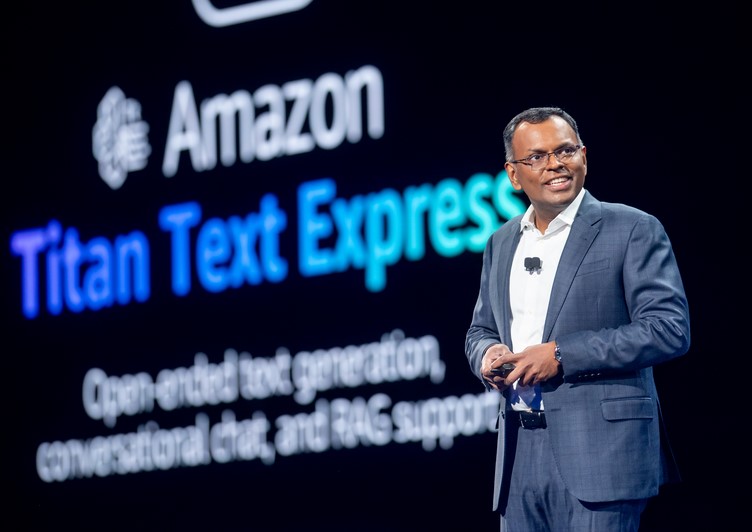Preserving your digital legacy: What happens to your MP3s when you die?
With digital download sales booming, Caroline Donnelly finds out how to go about passing on these assets post-death

To spare the feelings of friends and family, these preserved profiles will not generate birthday reminders or be used to populate Facebook's lists of friend suggestions for users.
They might have hundreds of pounds worth of iTunes stuff, or something of that sort, but I'm not going to pay my lawyer a fortune to deal with...something of hypothetical value.
"[Facebook] will automatically memorialise an account when we know that an account user has passed away," the company said in a statement to IT Pro. "Anyone can request memorialisation, with proof of a user's passing." In some cases, friends and family may want the deceased person's profile deactivated or deleted, a situation Facebook is more than happy to comply with. "Family members/executors may request to have the profile removed entirely, but they do not have the right to actually access the account," a Facebook spokesperson added. "Verified immediate family members may request the removal of a loved one's account from the site, and Facebook will close or completely remove [it]." Microblogging site Twitter offers similar service, whereby a verified family member or the executor of the dead person's estate can ask the site to deactivate their account by supplying copies of the user's death certificate, driver's license and username details. These must be accompanied by a signed statement confirming their relationship to the deceased.
Get the ITPro daily newsletter
Sign up today and you will receive a free copy of our Future Focus 2025 report - the leading guidance on AI, cybersecurity and other IT challenges as per 700+ senior executives
-
 Asus ZenScreen Fold OLED MQ17QH review
Asus ZenScreen Fold OLED MQ17QH reviewReviews A stunning foldable 17.3in OLED display – but it's too expensive to be anything more than a thrilling tech demo
By Sasha Muller
-
 How the UK MoJ achieved secure networks for prisons and offices with Palo Alto Networks
How the UK MoJ achieved secure networks for prisons and offices with Palo Alto NetworksCase study Adopting zero trust is a necessity when your own users are trying to launch cyber attacks
By Rory Bathgate
-
 AWS goes all in on AI agents with new features for Bedrock and Amazon Q
AWS goes all in on AI agents with new features for Bedrock and Amazon QNews Agentic customizability is coming to Bedrock and the Amazon Q developer assistant
By George Fitzmaurice
-
 Amazon’s $4 billion investment in Anthropic faces UK competition probe – here’s what it means
Amazon’s $4 billion investment in Anthropic faces UK competition probe – here’s what it meansNews The CMA investigation into the Anthropic investment is the latest in a slew of probes by the competition regulator
By Emma Woollacott
-
 Hyperscaler AI spending is getting out of control — and Microsoft says it could take 15 years for it to make good on investments
Hyperscaler AI spending is getting out of control — and Microsoft says it could take 15 years for it to make good on investmentsNews Tech giants' results show billions being poured into AI infrastructure, but big leaps in revenue remain elusive
By Nicole Kobie
-
 ChatGPT could be facing some serious competition: Amazon is reportedly working on a new AI tool, ‘Metis’, to challenge the chatbot’s dominance
ChatGPT could be facing some serious competition: Amazon is reportedly working on a new AI tool, ‘Metis’, to challenge the chatbot’s dominanceNews Amazon could be preparing to mount a serious challenge on ChatGPT’s dominance with the launch of a new chatbot service
By Ross Kelly
-
 Microsoft, Amazon, Meta, and Google just promised to halt AI development if models are too dangerous — but will they stick to their promise?
Microsoft, Amazon, Meta, and Google just promised to halt AI development if models are too dangerous — but will they stick to their promise?News Promises on AI safety will only go so far, experts argue, prompting renewed calls for stronger legislation
By Steve Ranger
-
 CMA probe into big tech AI deals sparks concerns over industry confidence
CMA probe into big tech AI deals sparks concerns over industry confidenceNews The watchdog wants to examine whether the deals fall within UK merger rules or raise competition concerns
By Emma Woollacott
-
 The 5 generative AI investment winners of 2023
The 5 generative AI investment winners of 2023News Generative AI investment deals skyrocketed in 2023, with major industry players backing emerging startups
By George Fitzmaurice
-
 AWS re:Invent: All the big updates from the rapid fire day-two keynote
AWS re:Invent: All the big updates from the rapid fire day-two keynoteAnalysis AWS re:Invent has had no shortage of talking points so far
By Ross Kelly